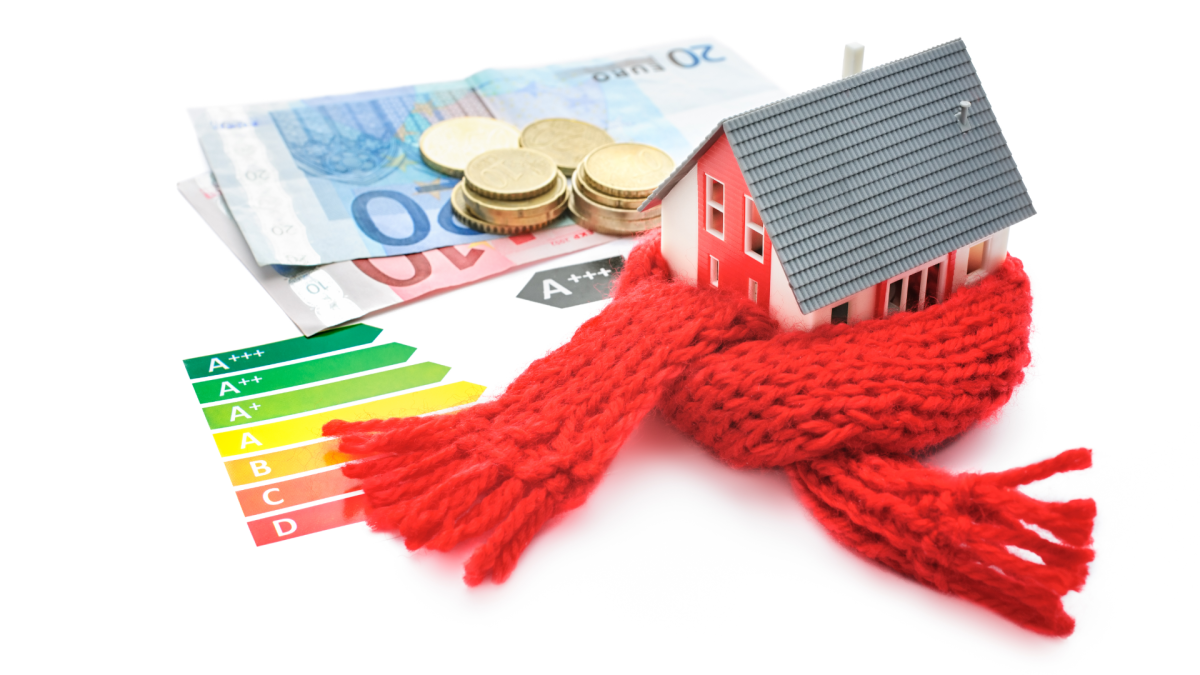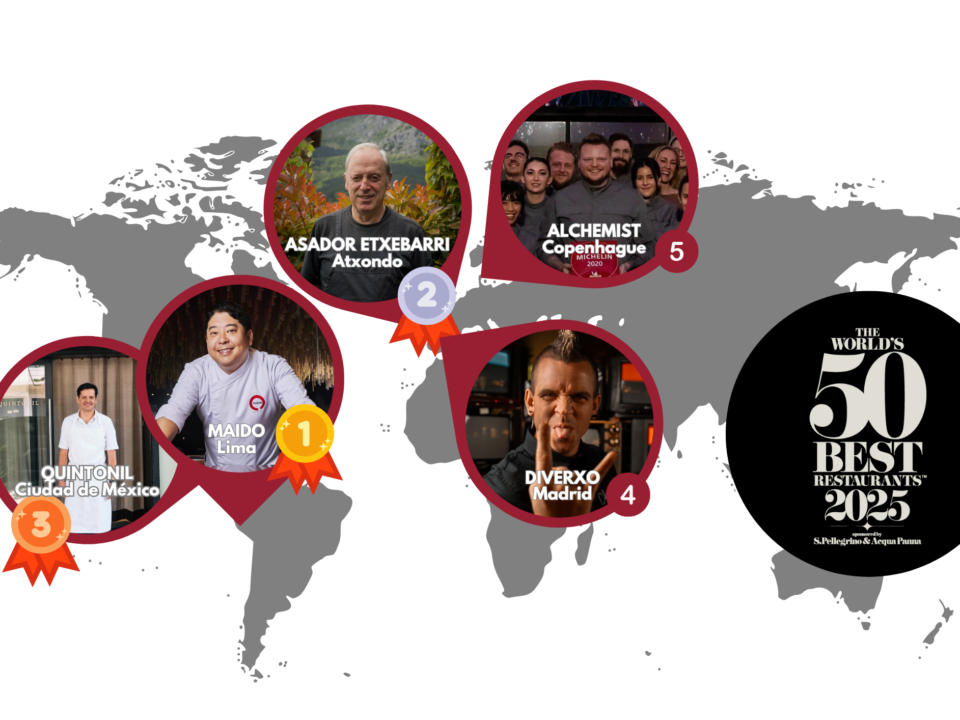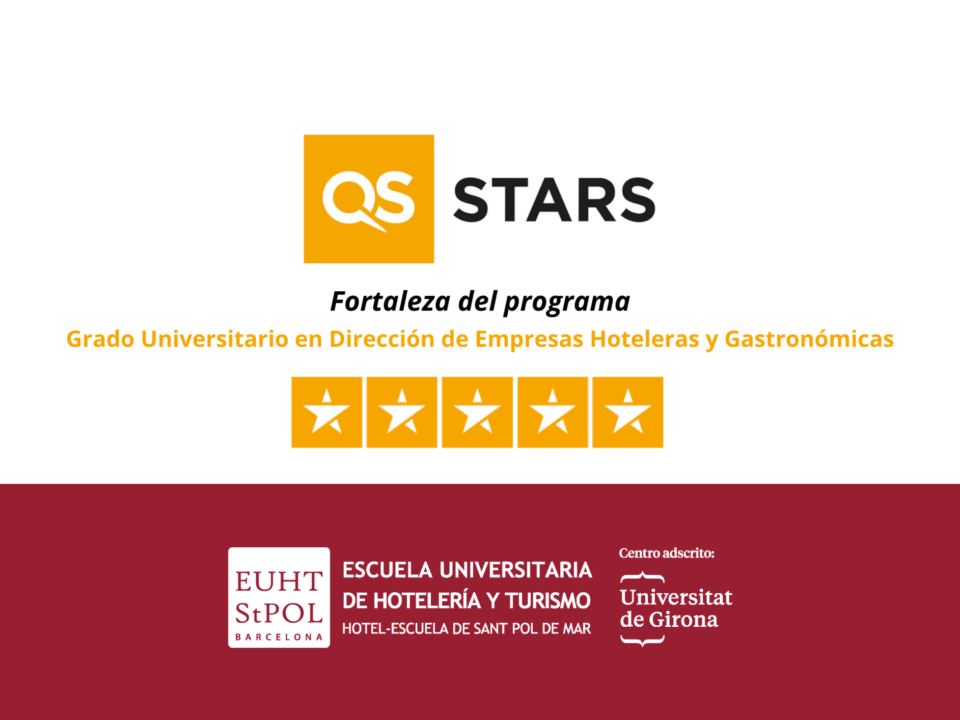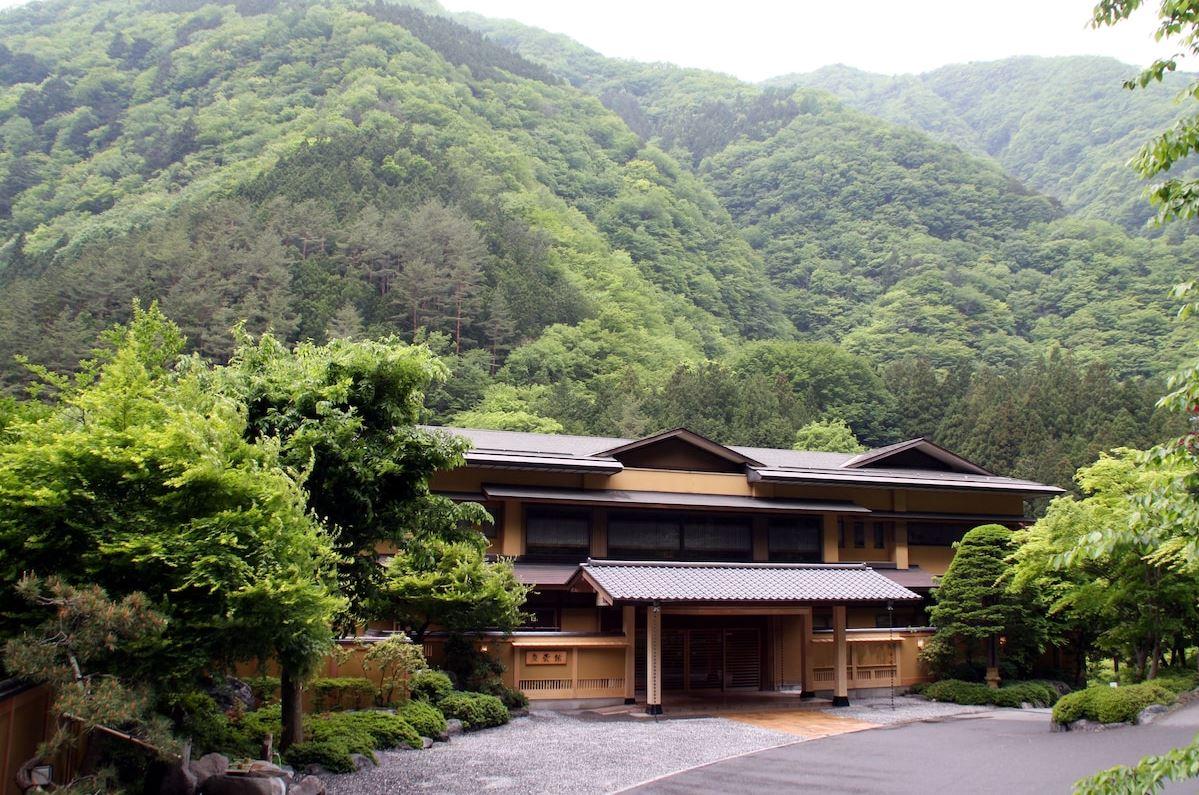
Koshu Nishiyama: the world’s oldest hotel
11 October, 2022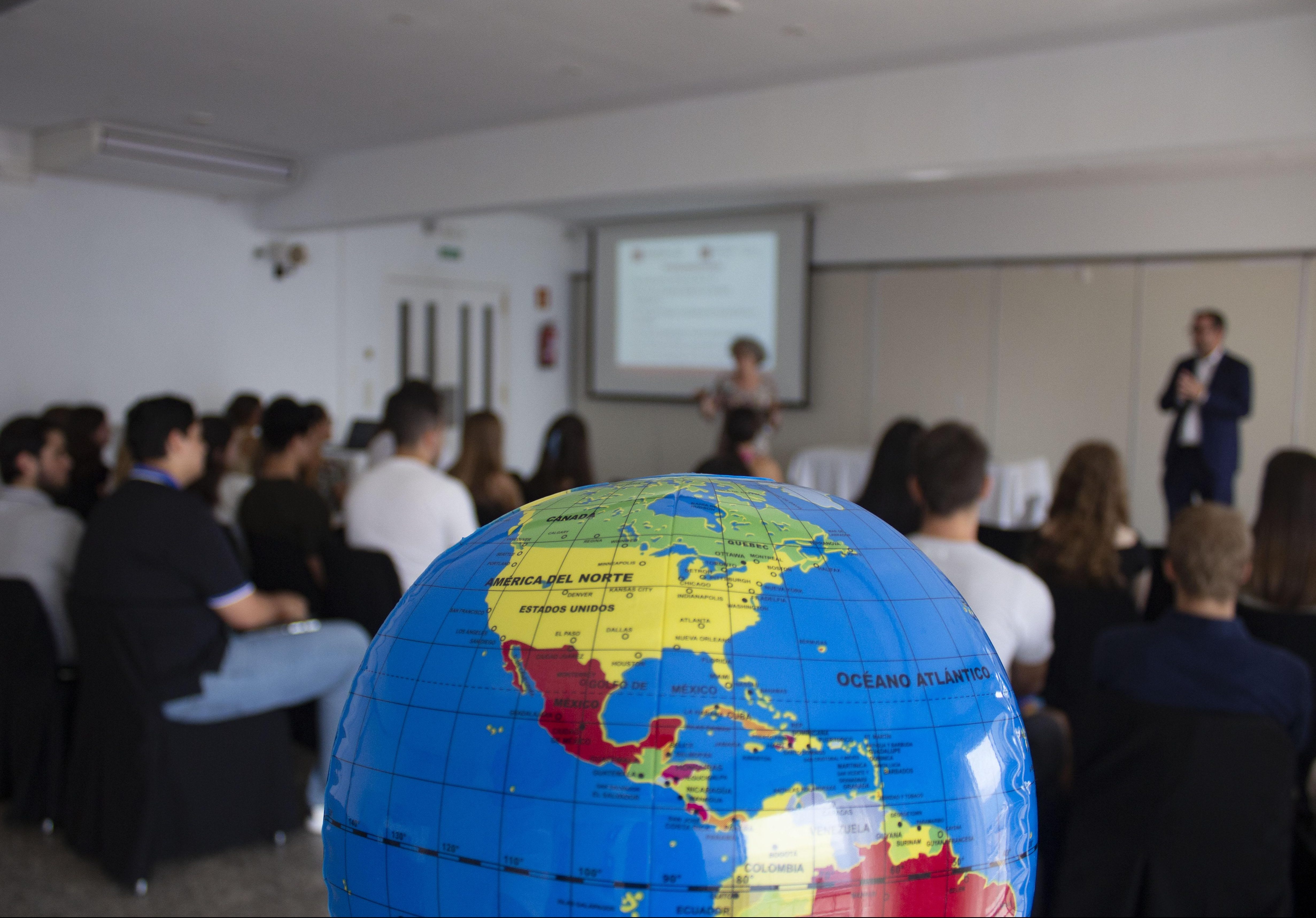
We are starting a new academic year as international as ever
11 October, 2022Because small and medium-sized hotels have suffered the most from the crisis and have less investment capacity, the World Tourism Organization proposes an energy tool to assist them in reducing their consumption.
Today is World Tourism Day, which arrives in an uncertain context due to labor shortages and the need to promote specialized training. Furthermore, in light of the current energy crisis and the global climate emergency, it is critical to take strategic measures.
And hence the slogan, ‘Rethinking tourism’, just when the sector begins to leave the harmful effects of the pandemic behind:
1 in every 10 people work in the sector
Almost half of the pre-pandemic global arrivals have been recovered
With these positive indicators, the challenge is to achieve sustainable growth based on the Glasgow Declaration and the 2030 Sustainable Development Goals (SDG).

The hotel industry is a major source of employment and economic income, but it is also one of the most energy-intensive. This is where the HES (Hotel Energy Solutions) project was born, which provides information, technical support, and training to help SMEs based in the EU increase their energy efficiency and use of renewable energies.
adapting businesses to changing climate conditions
mitigating greenhouse gas emissions
supporting investments in energy efficiency and renewable technologies.
In opposition to bigger hotel chains, SMEs use outdated technologies, they lack major human and financial resources, and their limited awareness and knowledge of green alternatives directly affect their competitiveness. Therefore, HES aims to bridge the gap between available green technologies and their actual use.
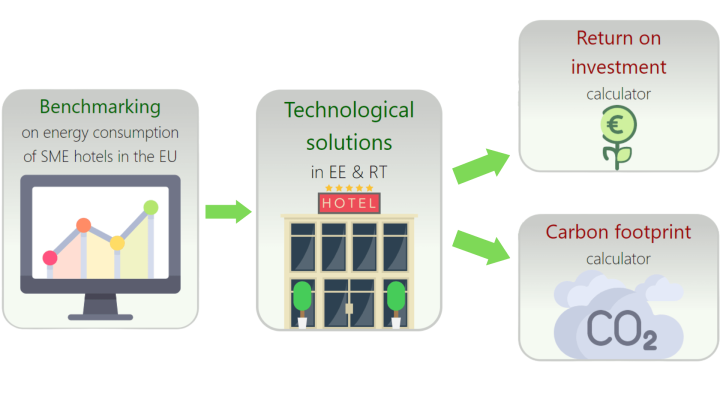
The Hotel Energy Toolkit
This free online tool is a guide to reducing hotels’ carbon footprint and operating costs. Essentially, it generates a report that assesses energy consumption and suggests more efficient technologies. It does so using an investment return calculator, which allows you to estimate the savings you could make by measuring consumption and comparing it to other similar hotels. You can monitor energy consumption over time by creating an account, which also allows you to observe seasonal changes and provides a section with practical resources, such as manuals and guidelines to train workers.
In the EUHT StPOL’s Master in Hospitality Management, we address the contents in a cross-disciplinary manner, including asset management, finance, and CSR, three areas that are closely related to implementing an energy efficiency strategy.

